Rafael "El Alcalde" Hernandez-Brito, Bilingual Announcer, Spanish Voice of the Cleveland Cavaliers - "People think Hispanics only love soccer," says a laughing, smiling Rafael Hernandez-Brito, by way of introducing his career. Hernandez-Brito, also known affectionately as Rafa El Alcalde — "The Mayor" in English, a name he received from a colleague — has been the Spanish voice of every professional sport under the sun and stadium lights: soccer, boxing, mixed-martial arts, bowling, golf, hockey, football, basketball. "From the beginning I didn't want to marry myself to one sport," he says. "I'll call any game, in any language." Before he became the Spanish voice of the Cavaliers two years ago, El Alcalde covered the '05 World Series when the White Sox defeated the Astros. He covered the Super Bowl in 2008 when Eli Manning and the Giants ended Tom Brady and the Patriots' perfect season. He has covered the last five World Cups. This year he covered the Cavaliers' historic win over an equally historic Warriors team in the Finals. "If you go to the movies and watch the Cavaliers' 2015/2016 season and you see the ending, you'll come out and say, 'C'mon. Did that really happen?'" Only seven NBA teams bring their Spanish-speaking sportscasters on road trips: the Mavericks, Rockets, Spurs, Heat, Magic, Lakers (TV only), and, of course, the Cavaliers. Once he came to Cleveland, Brito became the first and only Spanish-language sportscaster to cover the finals of the holy trinity of professional sports: the MLB, the NFL and the NBA. His fascinating path to the microphone has been equal parts serendipity, talent, and deviation from the script. "At first, I wanted to build jet engines," he says with a shrug. "Don't ask me why." He received his bachelor's degree in mechanical engineering from Boston University, but, because of his status as a permanent resident, his options were limited. He'd always been a sports fan and, further, always an active consumer and student of how games were broadcast. So, Brito went back to school for broadcasting. His first announcing job came for the St. John's University's men's basketball the day of graduation. A month into his first gig, by what he says was pure luck, Brito found himself at a black tie dinner sitting and chatting with Muhammad Ali. After sports casting for St. John's, the New Jersey Nets, and covering boxing matches in Las Vegas in Spanish, he and a colleague joined a broadcasting company that eventually merged with Univision. He spent 12 years with the company acting as its director of sports and Spanish voice of the NFL for the majority of his tenure. Since then, El Alcalde's story mirrors that of Lebron James. Both of their paths led them far from home to Miami, then to Cleveland at the beginning of the 2014-2015 season. For both men, the past two years have come to define their careers. "It is the biggest moment of my 20-year broadcasting career, not only because of what it means personally but also because of what it means to all Cavs fans in Cleveland, Northeast Ohio and everywhere," he says. Uncharacteristically lowering his voice for a second, Brito says, "I ran into someone who had gone to the cemetery the day before the parade to celebrate with his father, because his father passed away and never got a chance to see the Cavaliers win a championship. Cleveland has a champion now." Yes, we certainly do. - Tucker Kelly

![Ronnie Dunn Professor of Urban Studies, Cleveland State University - "Rarely do we talk about it, or our public officials acknowledge it," says Ronnie Dunn. "It" is probably one of the dirtiest words in the American English lexicon. "It" is race. Dunn, a veteran, professor of urban studies at Cleveland State University and Cleveland native, has spent a lifetime studying race. His knowledge is encyclopedic ­— names, events, dates, figures, he recalls it all. He'll finish your sentence, especially if you're quoting someone else. "Cleveland and the Greater Cleveland region, this Metropolitan Statistical Area, is one of the most racially segregated in the country," he says. "We consistently are. You always hear them talk about our diversity. Yes, there is ethnic diversity, but we are still racially isolated. We live in segregated communities." It was Dunn's research on racial discrimination in traffic stops that prompted the city to install traffic cameras. "I recommended cameras because they provide an objective means of determining who was violating traffic laws," Dunn said in 2013. By this point, Dunn had been researching discrimination in ticketing in Cleveland for 20 years. He literally wrote the book on it. To Dunn's dismay, 21 of 26 stationary cameras were installed on the eastside, where the city's population of African Americans is most concentrated. It was Dunn and James Hardiman, at the time the legal director of the Ohio ACLU and chair of Legal Redress for the Ohio NAACP, who helped mobilize African American leaders to write the Department of Justice following the 2012 chase in which 137 shots were fired into the vehicle of Timothy Russell and Melisa Williams. The DOJ answered their call and spent nearly two years investigating the Cleveland Police Department, the second time the federal department had examined the city's law enforcement in 10 years. "The thing that is really striking about [the D.O.J.'s report] is that they only mentioned race once," Dunn says. That mention was on page 49 of a 58-page report. "It's really a shame that these issues are allowed to persist when you consider the history of this city, particularly the racial-political history. [Cleveland] was the first major American city to elect an African American mayor with Carl Stokes in 1967, having had three African American mayors, and black leaders at the highest levels of municipal government." Despite Dunn's calm demeanor and edifying ways, years of work studying the history and modern incarnations of racial discrimination have taken their toll on his worldview. "I'm less optimistic now that we'll see the substantive reforms come out of this process as I initially thought," he says. He has not been deterred, however. And his work continues, including consulting on reforms of the city's citizen complaint of police officers review process. It's an area on which he's focused recent studies, and an area the federal monitor in charge of the city's consent decree with the Justice Department found fault. For instance: Cleveland has more than 300 citizen review complaints still open. A fifth of those are from two years ago. "We must believe things can get better or they won't," Dunn says. "Although it might not seem that way, I do maintain a sense of hope and optimism in spite of the evidence to the contrary. And truthfully, it is my students and young people of today's openness to differences and diversity that gives me hope for the future." - Tucker Kelly](https://media2.clevescene.com/clevescene/imager/29-clevelanders-we-love/u/zoom/38245023/062916-ronnie-dunn-scene047.jpg?cb=1648292866)
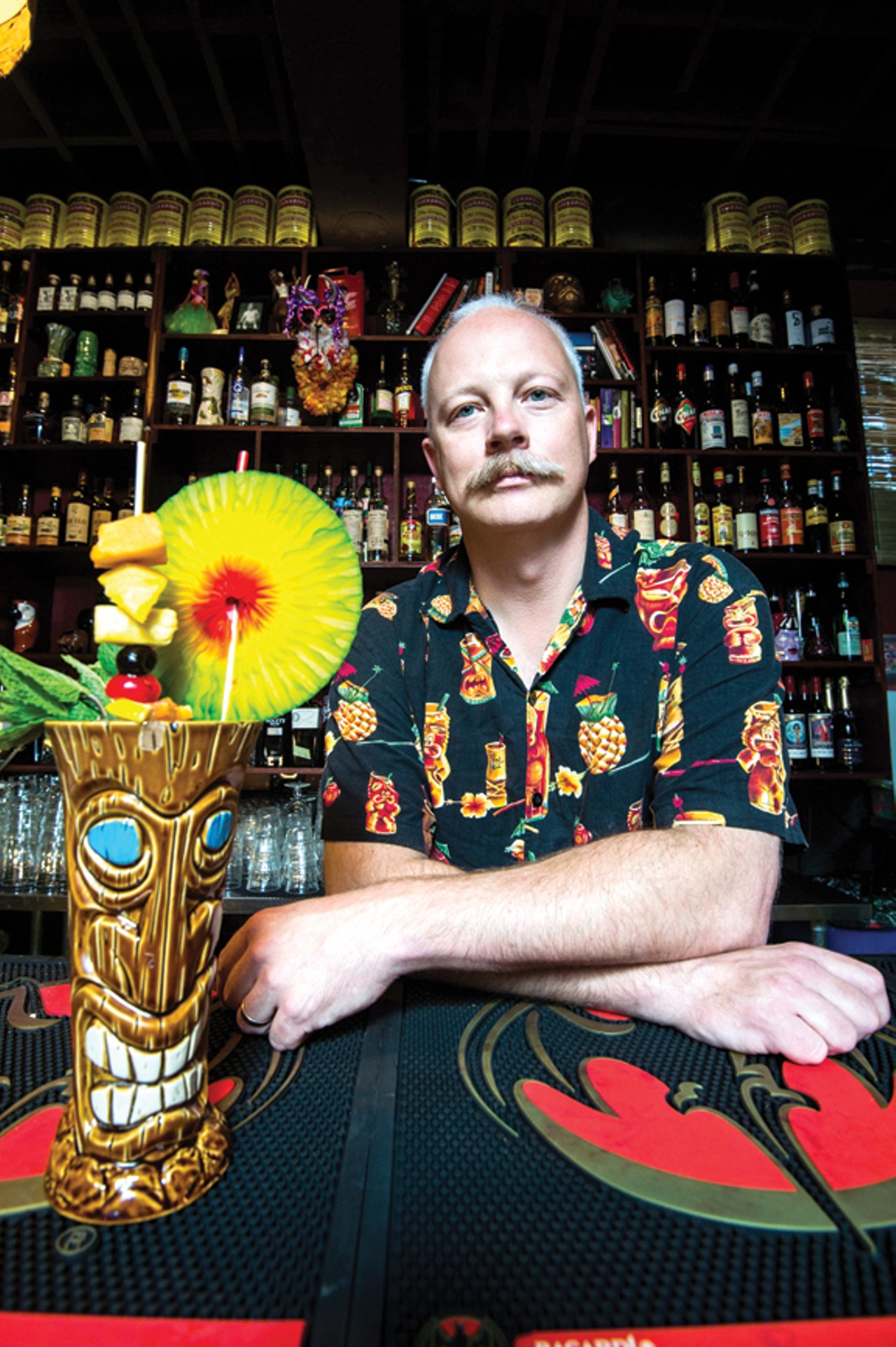
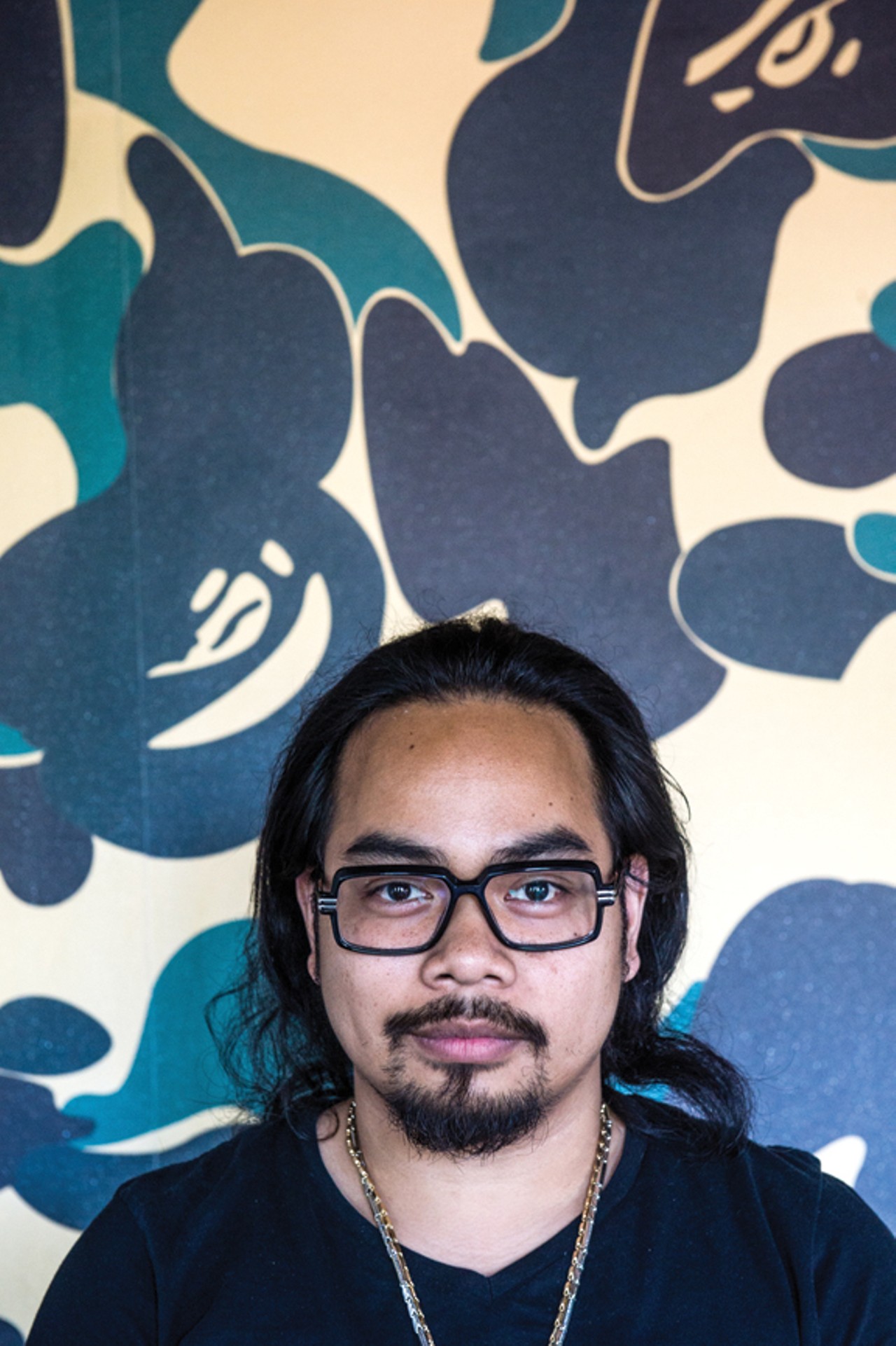
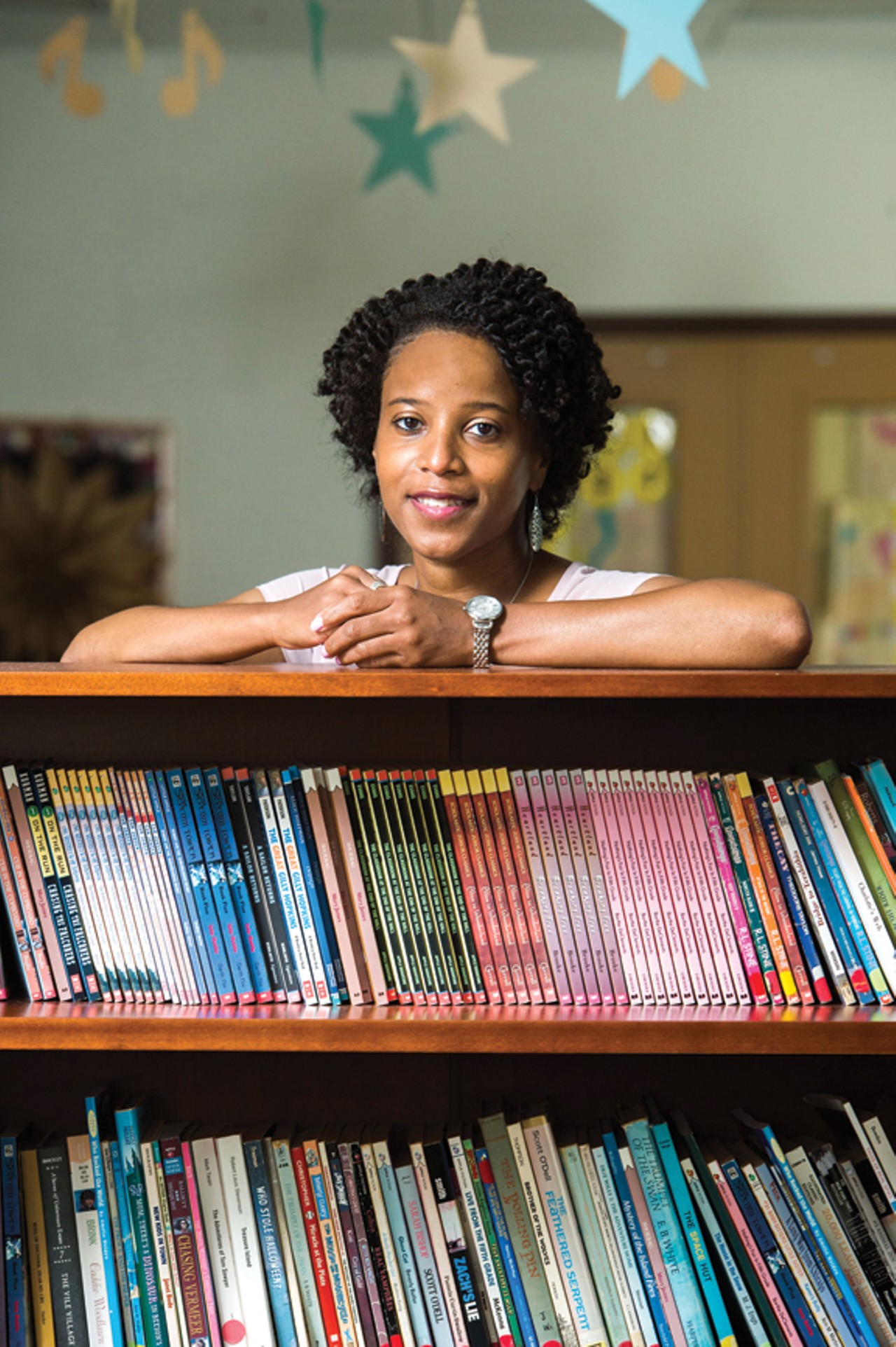
![Erin Huber Founder, Drink Local. Drink Tap. - When we caught up with Erin Huber, she had just landed in Tanzania and was waiting to take a 9-hour bus ride to continue her trek to Uganda. The Northeast Ohio native and Detroit-Shoreway resident was once again on a journey to Africa, one that really began some seven years ago. "My first few weeks of graduate school at Cleveland State's College of Urban Affairs, I was paired up with a man that would change my life forever – Dr. Nicholas Zingale," Huber says. "At the same time, Mayor Jackson held the first Sustainable Cleveland summit in 2009 and all of a sudden, my water life truly began." That water life became Drink Local. Drink Tap., an organization Huber founded with an initial mission to encourage people to reduce plastic pollution and reconnect with tap and local water, but one that has grown since then, including work in Uganda to educate and provide sustainable access to safe water. It all comes at a time when water has become a national and international focus point, from droughts in California to algae growth on the Great Lakes to lead-tainted water in major American cities. And that's just in the United States. "I think it's important to understand the problems of today do not end at borders, especially with water," says Huber. "It's all connected. The work is hard, rewarding and challenging, but I truly hope our work is no longer needed someday." Years ago, a small workshop was a sort of genesis for the idea. There was a summit and a bunch of people broke out into groups. Water was one of the topics. A group of 50 suddenly became a group of 10. "We realized it would be hard to talk about big algae blooms and invasive species and lakefront development and combined sewer overflows if people weren't thinking about the water they put in their body everyday," says Huber. So Drink Local. Drink Tap. was born, but the mission quickly seemed narrow. "We adopted Edgewater state park [at the time] and joined forces with other groups who were caring for the park on a monthly basis," she says. "Then teachers started hearing our message and wanted their students to learn about pollution and water." Subsequently, Huber started the Wavemaker Program, which works within schools to help educate youths on all issues pertaining to water. During one classroom session, she met a teacher from Uganda who told Huber there were 700 kids without water in her village. "That's when I knew I could tie it all together," Huber says. She went to Africa, along with her friend Laura Blake, to try and learn about the situation firsthand. They teamed up with another friend, Tom Kondilas, to make a documentary about the children and the water and the village. "The things I saw that first trip...," Huber says, "I can never unsee." Since then, they've become a registered NGO in Uganda and are headquartered in Hingetown as a non-profit. It's a natural progression stemming from her compassion and drive – she started her first organization, Covering Cleveland, at just 18 years old. That program helped provide blankets, food and conversation to Cleveland's homeless population. "When I was a teenager, I got so overwhelmed with the world's problems – I peaceful protested drilling in the Arctic, for animal rights – but I finally decided to go to college and try to tie the many things I cared about together and make a career out of it." While taking night classes at Tri-C, before CSU, she talked with Nina Turner, a mentor Huber says might not have any idea the sort of impact she made on her, about her future. "My father, who passed away when I was 12, taught us to root for the underdog, to speak up for things and people that couldn't speak for themselves," Huber says. "And I recognized, in part from my father's passing, that environmental and pollution issues had so much injustice tied to them. I also realized my passion for water, which as we all know, is life." - Vince Grzegorek](https://media2.clevescene.com/clevescene/imager/29-clevelanders-we-love/u/zoom/38226217/070116-scene-erin-huber027.jpg?cb=1648286511)
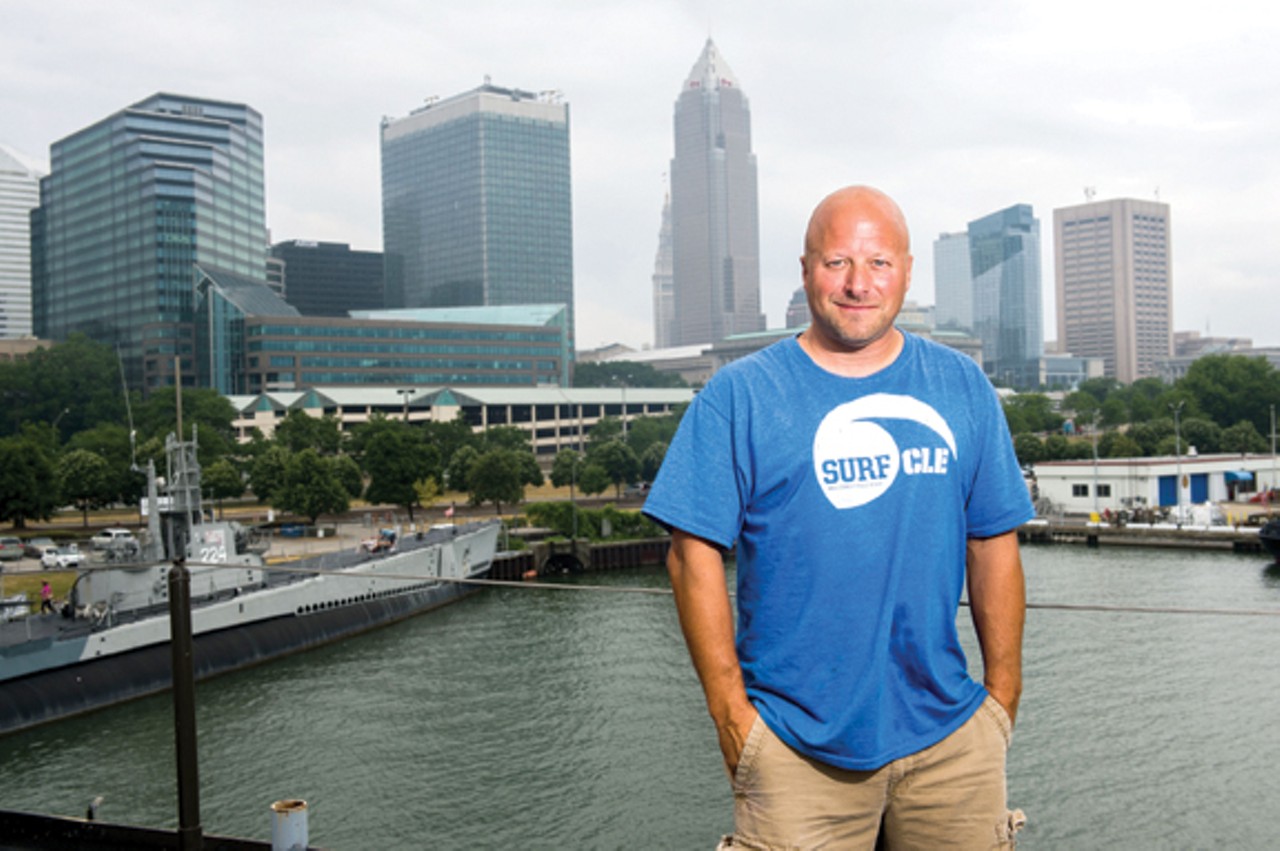
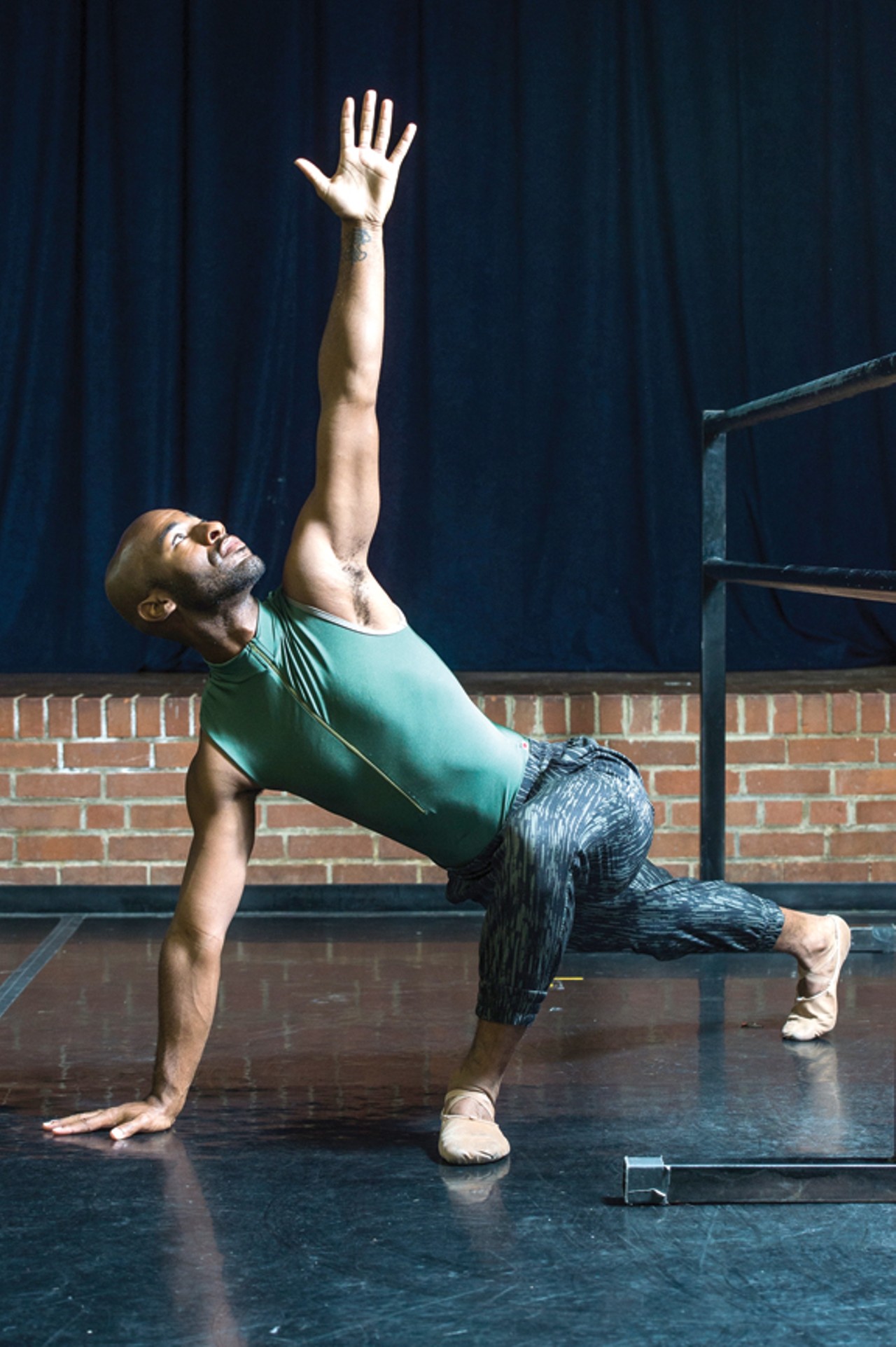
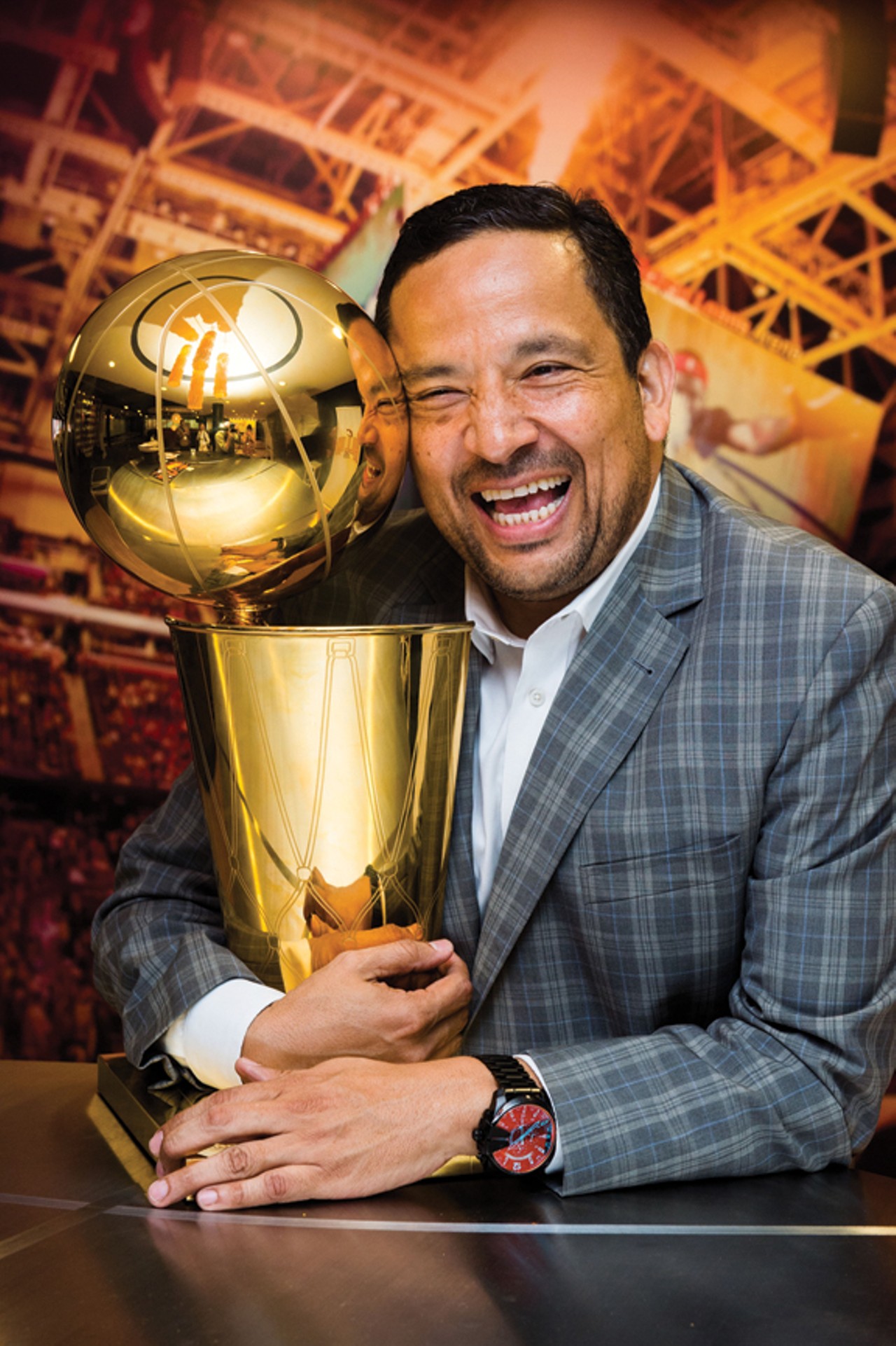
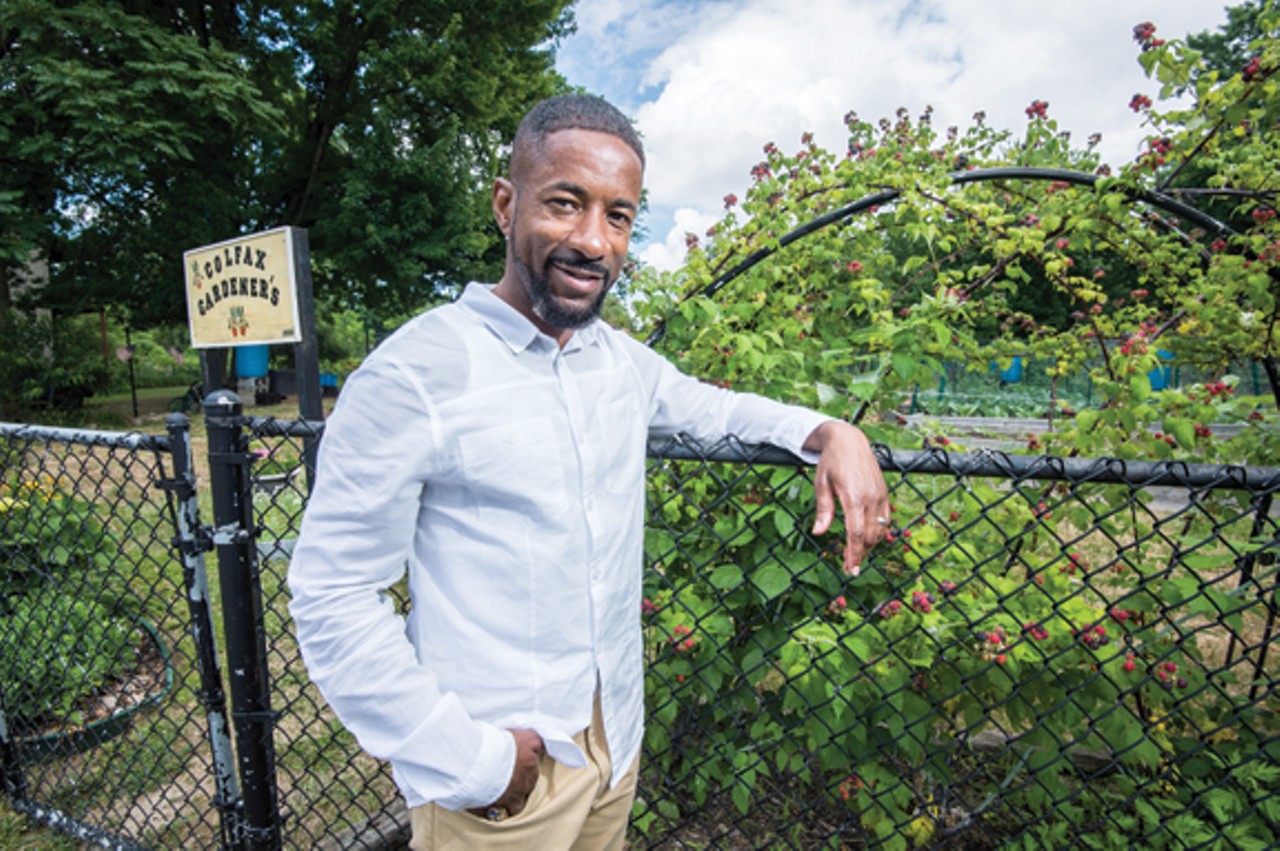
![Kelly Novak Director of Education and Outreach, Planned Parenthood Greater Ohio - Before she worked for Planned Parenthood, Kelly Novak was a patient. In fact, after her very first visit to a clinic, she knew she was destined to be a part of this organization: "In the rear-view mirror I saw the logo on the side of the building. I decided right then and there that I was gonna work for Planned Parenthood because this is how people should be treated." The atmosphere surrounding her job and the organization's place in state and national politics has grown increasingly contentious in recent years, but Novak is more determined than ever. "What I hope to see is the continued destigmatization of all things sexual and reproductive health," she says. "It is ridiculous the vast difference in language, in protocol, in ethos around everything sexual and reproductive health [compared to other areas of health]." This means working across all areas of life for the patients and all areas of Ohio, and beyond. What does that mean in practical terms? In her time working with Planned Parenthood of Greater Ohio, Novak has led the department through myriad educational programs throughout 68 of Ohio's 88 counties. That involves a dozen currently active programs including providing free HIV testing, STI education, birth control information, as well as programs like PREP (Personal Responsibility and Education Program) and Healthy Moms, Healthy Babies, which works to address the high infant mortality rate in Ohio by aiding pregnant women and new mothers in their travels through various stages of motherhood. It all started with a grant making her department the exclusive provider of comprehensive sex education for the Cleveland school district. It included STI and birth control information, as well as education on healthy relationships and consent. Training peer health educators at high schools in Cleveland and other cities across Ohio is another aspect of Novak's work, placing the students themselves in the role of educator. Novak remembers one woman in particular, when asked about her favorite experiences on the job. The woman had just left a rehab facility and was working to stay clean. "She was so young and she had been through a lot — more than most of us will go through in a life," Novak says. "She just looked at me and said, 'This was the only place I knew I could come and be honest about my life and not be judged.' I think about her every single day." The memories are proud even in moments of great distress. The state of Ohio recently voted to defund Planned Parenthood across the state — the organization is currently in the middle of a lawsuit against the action — and Novak had a moment when she saw all of the services the organization provides listed in the official complaint. It struck her: "Just seeing one after the other, after the other, it was a great moment to step back and say, 'Wow. This is really what we do. We really serve all these tens of thousands of people.'" Sexual health isn't the only topic on which Novak is educating the community; she's also a certified yoga instructor. With several regular classes each week, she's been teaching in Cleveland for more than six years: "I have a couple regular gigs; it keeps me sane and accountable," she says. She recently collaborated with an organization called ZenWorks Yoga that works to host yoga and mindfulness exercises for underserved children and families; they seek out yoga teachers from the area and host donation-based sessions in order to raise money and get the community involved. "My grandma asked me one day, sort of bewildered, 'How do these two things relate to each other?'" Novak says. "Both tie to my core belief that we should all be in charge of ourselves and we should all be a whole person. Both of these aspects of my life address that in different ways." - Cecilia Ellis](https://media1.clevescene.com/clevescene/imager/29-clevelanders-we-love/u/zoom/38261612/070616-scene-kelly-novak022.jpg?cb=1648289842)


